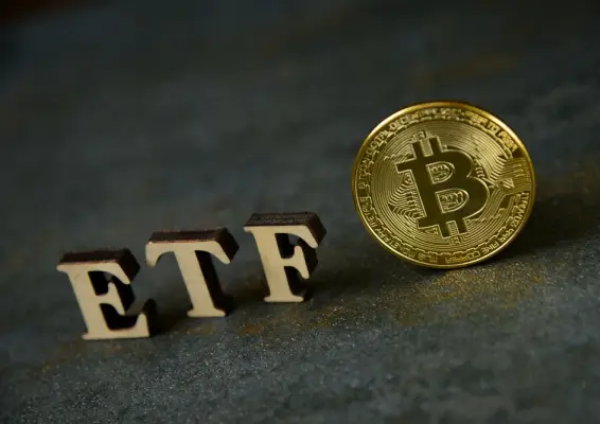
The United States Securities and Exchange Commission (SEC) has approved 11 Spot Bitcoin Exchange-Traded Funds (ETFs), marking a noteworthy milestone for the Bitcoin industry.
This approval allows institutional and retail investors to gain exposure to the largest digital scarce asset without the need for direct ownership, distinguishing Bitcoin from other cryptocurrencies.
The list of approved products:
Blackrock’s iShares Bitcoin Trust (IBIT)
Franklin Bitcoin ETF (EZBC)
Fidelity Wise Origin Bitcoin Trust (FBTC)
Valkyrie Bitcoin Fund (BRRR)
WisdomTree Bitcoin Fund (BTCW)
Invesco Galaxy Bitcoin ETF (BTCO)
Grayscale Bitcoin Trust (GBTC)
Hashdex Bitcoin ETF (DEFI)
ARK 21Shares Bitcoin ETF (ARKB)
Bitwise Bitcoin ETF (BITB)
VanEck Bitcoin Trust (HODL)
What does it mean for Bitcoin?
The SEC’s approval of a spot Bitcoin ETF signifies a major regulatory endorsement for the largest cryptocurrency, easing investor concerns.
This move not only adds regulatory safeguards but also opens doors for investors to engage with established financial firms. However, SEC Chair Gensler urges caution, emphasizing the associated risks.
Unlike previous options for retail investors, the spot Bitcoin ETF allows easy access to Bitcoin without the need for a dedicated wallet. Analysts predict a notable increase in funds flowing into Bitcoin ETFs, contributing to the recent surge in Bitcoin prices.
Trades’ Launching
With regulatory hurdles cleared, attention now turns to when Spot Bitcoin ETFs will begin trading. Analysts anticipate substantial inflows, estimating $2.4 billion in Q1 2024 and potential $14 billion in the first year.
This approval marks a significant milestone for the Bitcoin industry, bringing legitimacy and accessibility.
As these ETFs enter the U.S. financial scene, they represent a crucial step in integrating digital assets into mainstream portfolios, with observers keen on their impact on the broader digital asset ecosystem.
Possible Consequences of the Approval
The approval of bitcoin ETFs by the SEC is anticipated to draw billions of dollars into the digital currency, simplifying and demystifying investment processes.
The participation of major financial players such as BlackRock and Fidelity in the sector is seen as a move that not only integrates bitcoin into mainstream investment portfolios but also lends legitimacy to the previously shadowy and highly volatile crypto industry.
It could be seen as the introduction of a spot Bitcoin ETF as a signal marking the shift from crypto being considered a ‘novel’ asset class to becoming a commonplace element in every investment portfolio.
With rising demand for bitcoin, its price is expected to increase, attracting more investment and generating heightened interest in the cryptocurrency.
The entry of reputable financial firms into the market, coupled with increased investment, could expedite the establishment of sensible regulations, aimed at eliminating fraud and normalizing crypto as a legitimate means for investments, payments, and overall business transactions.
A Story Behind
The approval journey for a spot Bitcoin ETF in the U.S. began in 2013, initially facing rejection. The SEC approved Bitcoin ETFs based on futures in 2021.
Numerous spot-based applications were rejected due to Bitcoin’s perceived risks. Grayscale sued for clarity, and momentum grew when BlackRock applied in June the prior year, with Fidelity and Franklin Templeton following.
This hinted at likely regulatory approval given these firms’ roles in the U.S. financial system. Despite ongoing negotiations, an unauthorized post on SEC’s compromised social media account briefly surged Bitcoin prices past $48,000.


